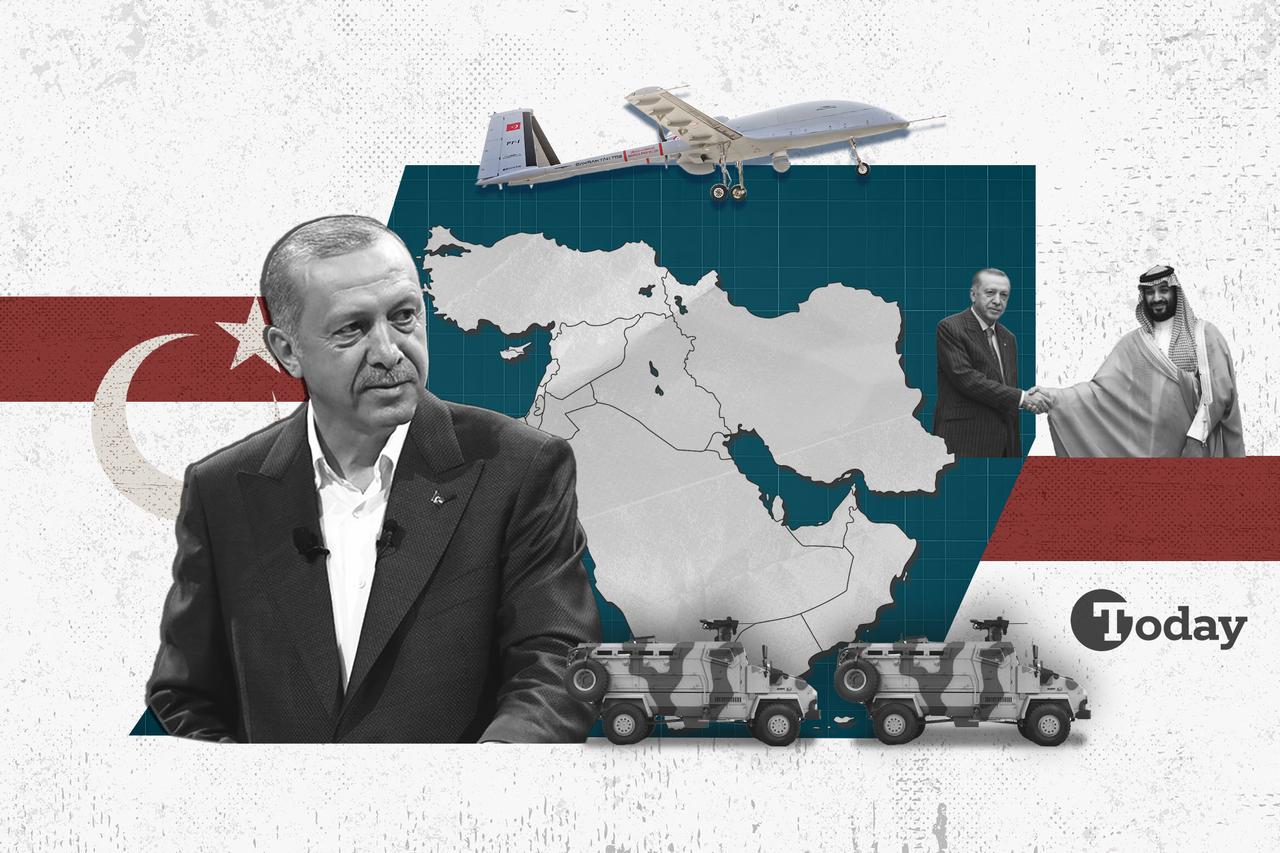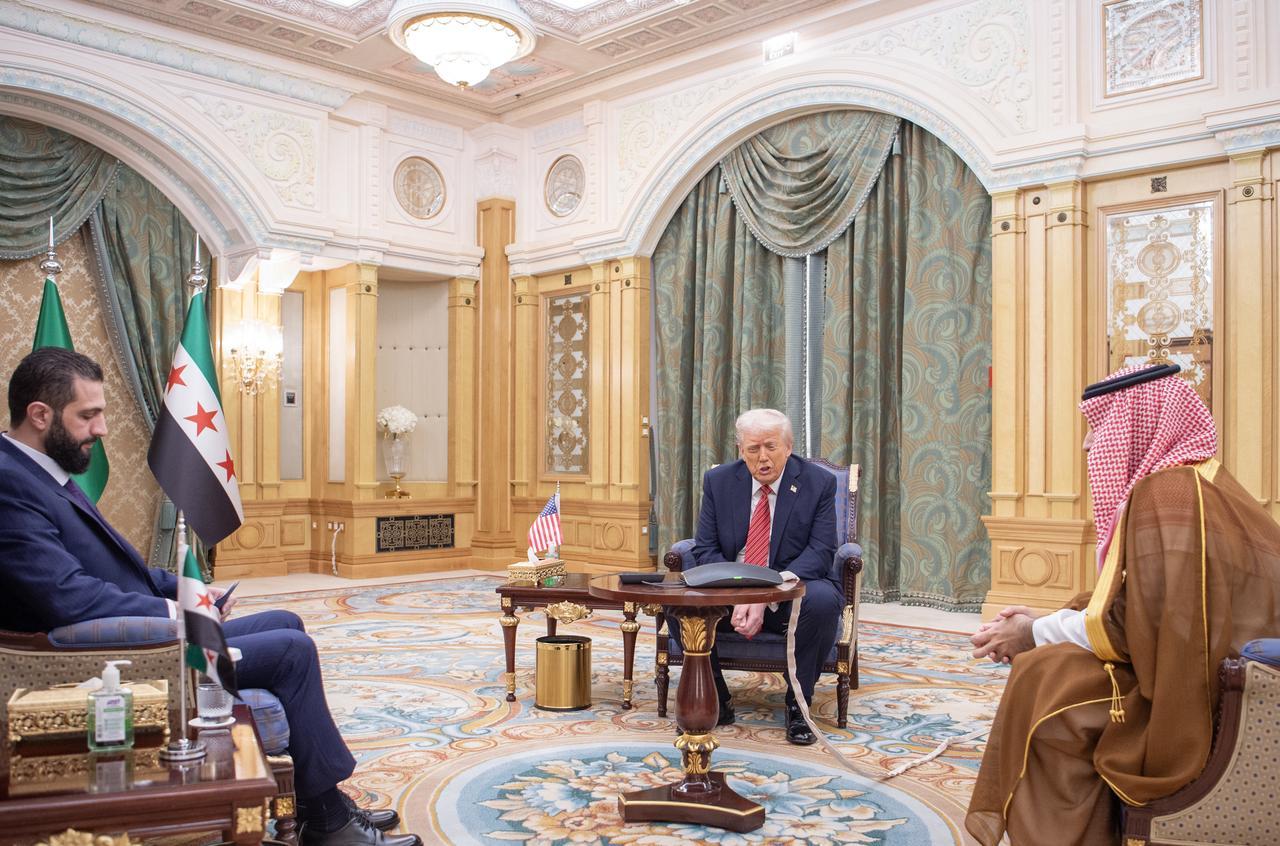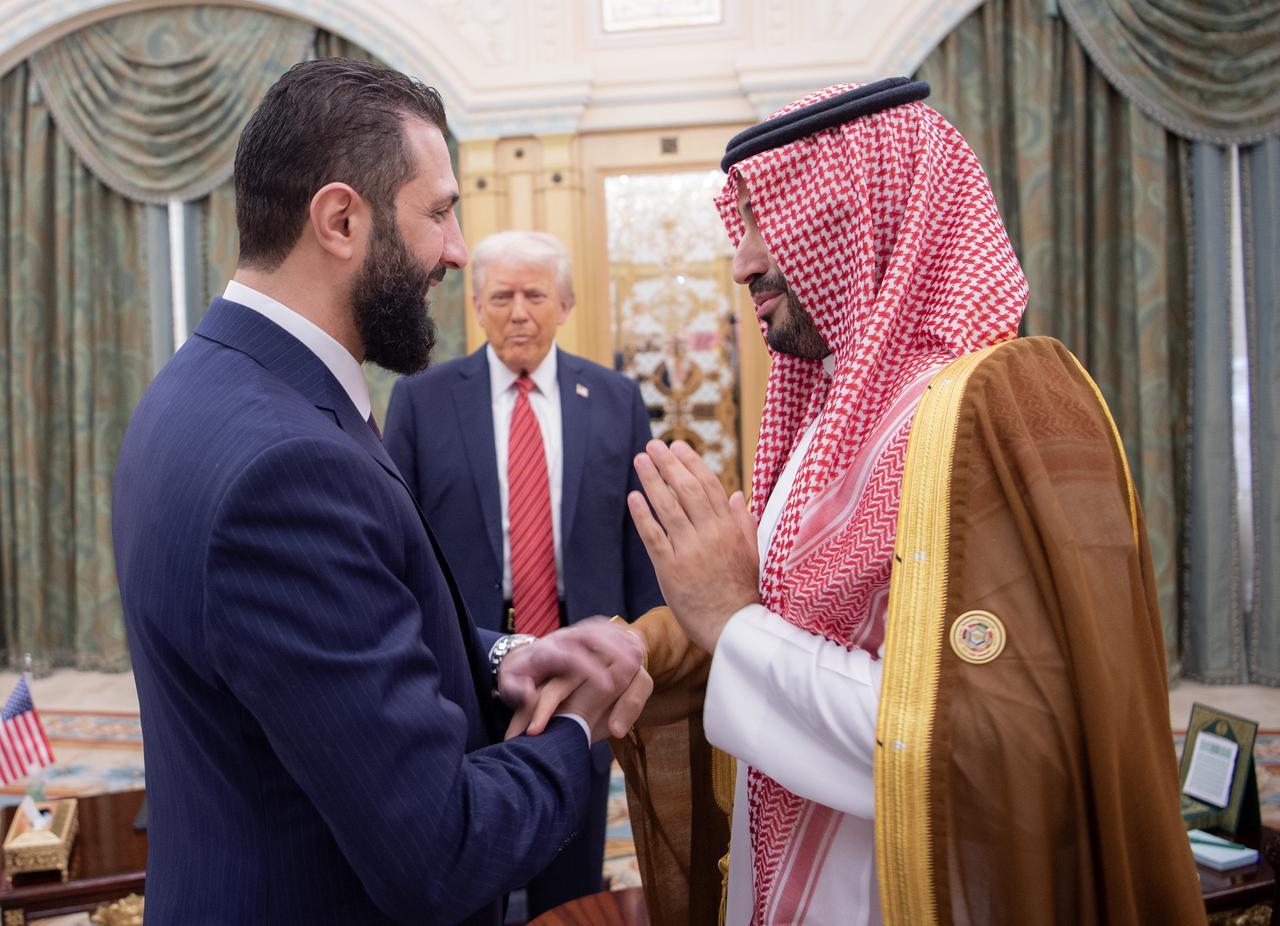
Tensions between Türkiye and Saudi Arabia began to surface after the Arab Spring erupted in 2011. While Türkiye openly supported the popular uprisings across the region, Saudi Arabia took a more cautious and conservative stance.
Despite their differing approaches to the uprisings, both Ankara and Riyadh found common ground in backing anti-Assad factions during Syria’s 13-year civil war.
When Saudi Arabia and Qatar, another wealthy Gulf Arab state, had a diplomatic blowup in 2017, Türkiye took Qatar’s side. The lowest point in relations came in 2018 when a Saudi hit squad killed Jamal Khashoggi, a Saudi citizen and U.S. resident who wrote critically about the Saudi government for The Washington Post, at the Saudi Consulate in Istanbul.
The fall of Bashar Assad’s regime in late 2024 marked a major turning point in Türkiye-Saudi relations. Analysts say it accelerated a thaw that was already in motion between the two regional powers.
Hesham Alghannam, a Saudi political scientist at the Carnegie Middle East Center, described it to Associated Press as a moment that “significantly transformed Türkiye-Saudi relations,” shifting them “from rivalry to pragmatic cooperation.”
For the first time in over a decade, Ankara and Riyadh found themselves aligned, both backed the new Syrian leadership under Ahmad al-Sharaa, shared concerns over growing Iranian influence, and collaborated on securing Syria’s borders and curbing the flow of illicit drugs like Captagon. What began as cautious de-escalation evolved into a tactical alliance driven by mutual strategic interests.

Ankara and Riyadh share a common goal of asserting regional dominance, as well as concerns over Iran’s dominant role in Syria during Assad’s rule—a presence that largely diminished following his ouster. Both countries are now determined to prevent Tehran from regaining influence in the country.
Alongside this, Türkiye faces its own security challenges due to its long, unstable border with Syria and the presence of terror groups. Meanwhile, Saudi Arabia remains focused on combating the smuggling of Captagon, a highly addictive amphetamine-like drug that had been a significant revenue source for the Assad regime.
According to Saudi political analyst Hesham Alghannam, this mutual need to counter Iran, manage Syria’s ongoing instability, and support the formation of a Sunni-led government has fostered a strategic partnership between the two.

On a broader regional scale, Riyadh and Ankara have begun to form a united front to contain Israel’s increasing involvement in Syria, especially following recent Israeli airstrikes targeting government forces and clashes with Druze factions.
Within this framework, both Türkiye and Saudi Arabia are actively seeking a role in Syria’s reconstruction and stabilization, aiming to safeguard their strategic interests while limiting the influence of other foreign actors in the region. In the near future and beyond, it is anticipated that Türkiye and Saudi Arabia will further strengthen their strategic partnership, deepening cooperation in Syria and the broader region.